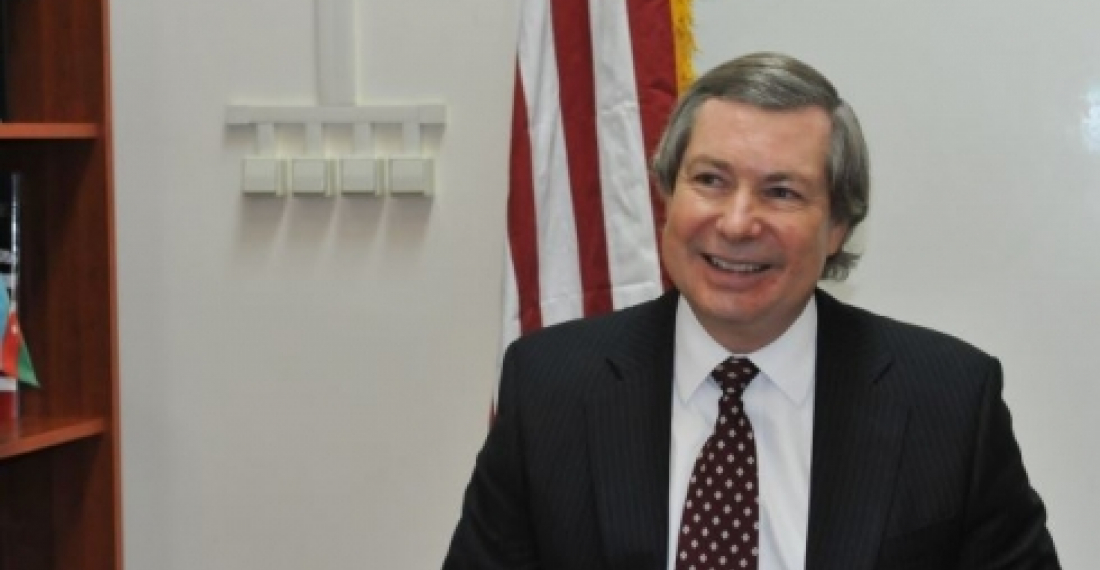A peace agreement in Nagorno-Karabakh will have to take place on the basis of a “comprehensive settlement".
James Warlick comments came amidst increasing signs that Armenia might be about to recognize the independence of Nagorno-Karabakh.
"No country recognizes Nagorno-Karabakh,” Warlick told Trend news agency. “We continue to urge the sides to come to the negotiating table in good faith in order to reach a lasting settlement.”
Last week two Armenian parliamentarians, Zaruhi Postanjyan and Hrant Bagratyan, presented a bill recognizing the independence of the self-declared Nagorno-Karabakh Republic.
Similar bills have been put forward before but have always been dismissed by the cabinet, which has the power to allow bills to be debated, because of fear that such a move may jeopardise the peace process. This time, the Armenian government accepted that the bill goes forward for parliamentarey consideration.
The Armenian foreign ministry said this does not mean the government approves of this initiative or is about to recognize independence, although deputy foreign minister Shavarch Kocharyan said last week it could happen if Azerbaijan continues its “aggression”.
In interviews on Tuesday, Warlick also said the Minsk Group does not plan to meet Azerbaijani foreign minister Elmar Mammadyarov in Brussels later this month.
“Of course, my Russian and French counterparts and me are in regular touch with the foreign minister of Azerbaijan and Armenia to urge restraint and the need to enter into negotiations on a comprehensive settlement,” Warlick told APA.
SOURCE: commonspace.eu and agencies
PHOTO: James Warlick







